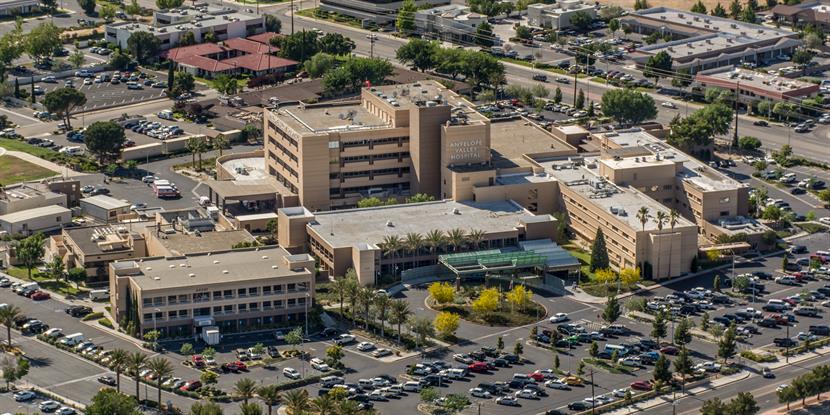CT (Computed Tomography) Scans
24/7 Medical Imaging in Lancaster, CA
Computed tomography testing, better known as CT scans, collects a series of images of the body from different angles. This non‑invasive test gives quick, accurate information to help your medical team diagnose and explore treatment options. Antelope Valley Medical Center offers 24‑hour, state‑of‑the‑art, helical computed tomography (CT) with a skilled technologist and radiologist available at all times.
Do I Need a CT Scan?
CT scans usually needed for:
- Emergency trauma evaluation
- Severe headache or stroke
- Acute abdominal pain, including appendicitis and kidney stones
- Evaluations of the arteries, veins, and heart chambers
- Cancer assessments
- Assessments of complex fractures
- Visual problems
- Sinus disorders
- Lung diseases
- And more
How Can I Prepare for a CT Scan & What Should I Expect?
Depending on the imaging tests you require, you’ll need to prepare in a specific way your doctor will discuss with you in advance. Most patients are required to fast for at least four hours before their scan and can expect to be in the AVMC Radiology Department for 90 minutes up to 3 hours. The process of taking the scan itself takes much less time. You may be asked to drink an oral contrast agent approximately 90 minutes before your scan. If your physician orders intravenous (IV) contrast, you may, for a short time, feel a slight warm sensation in your body, which is normal.
The CT machine looks like a large square doughnut and only covers the area that is being examined. Before entering the scanning room, you may be asked to remove anything metallic. Once you’re positioned on the table, the scan will begin. During the exam, you will be in the room alone; however, your technologist will see and hear you throughout the whole procedure.
Our Technology:
Our Radiology Department has three CT scanners; two 64 multi-slice GE Lightspeed VCT scanners, and one GE Revolution Evo 128 multi-slice scanner. Volume coverage speeds up the scan process, making it a highly effective imaging option for emergency, trauma, and acute care situations. Higher speed scanning equates to clearer, sharper images with fewer potential problems like patient movement or a beating heart's motion. The scanner also performs CT angiography for physicians evaluating their patients’ arteries to assess their function, observe anatomy, and detect the degree of coronary heart disease. Patients are exposed to minimal radiation, thanks to automated dose‑reduction. Our CT scanners are accredited by American College of Radiology (ACR).
Check with your physician’s office for the appropriate preparation for your test, or call the Radiology Department at 661‑949‑5705.


